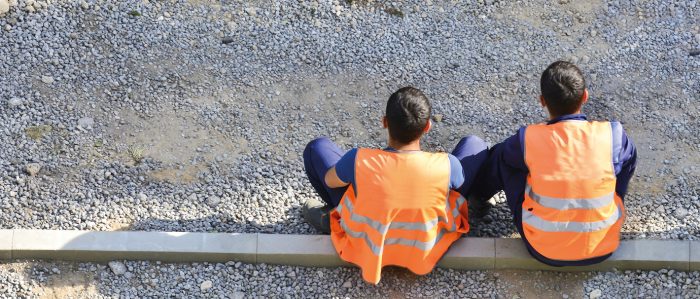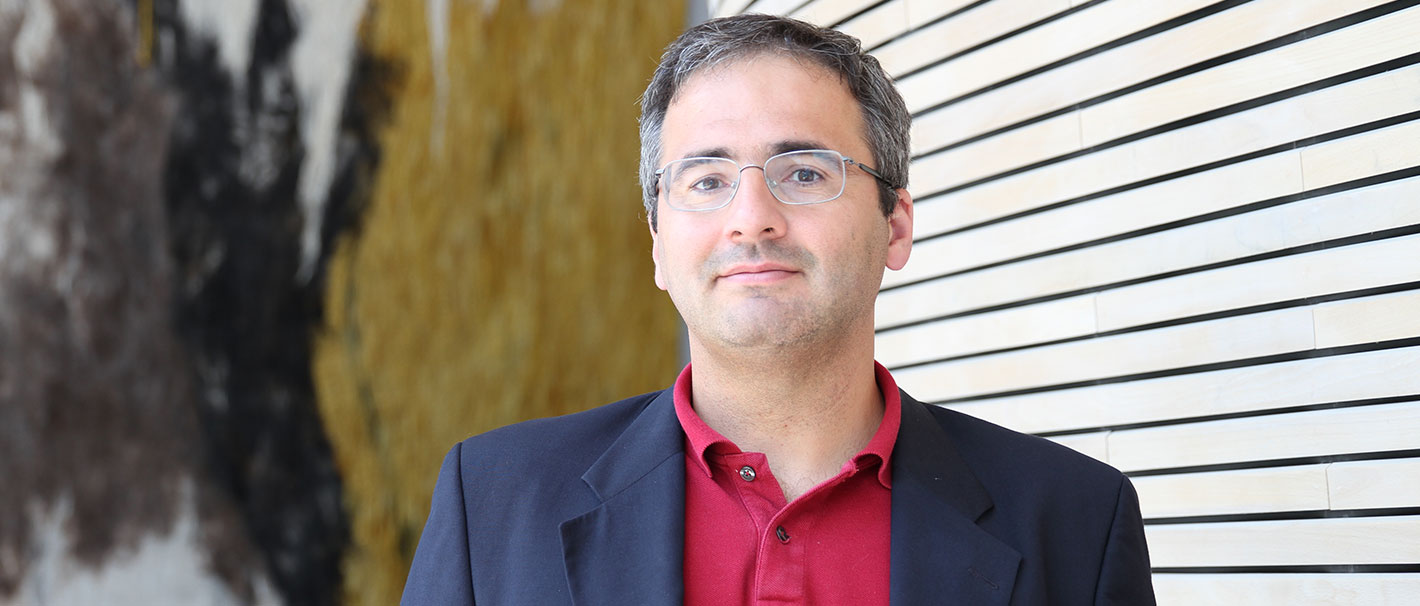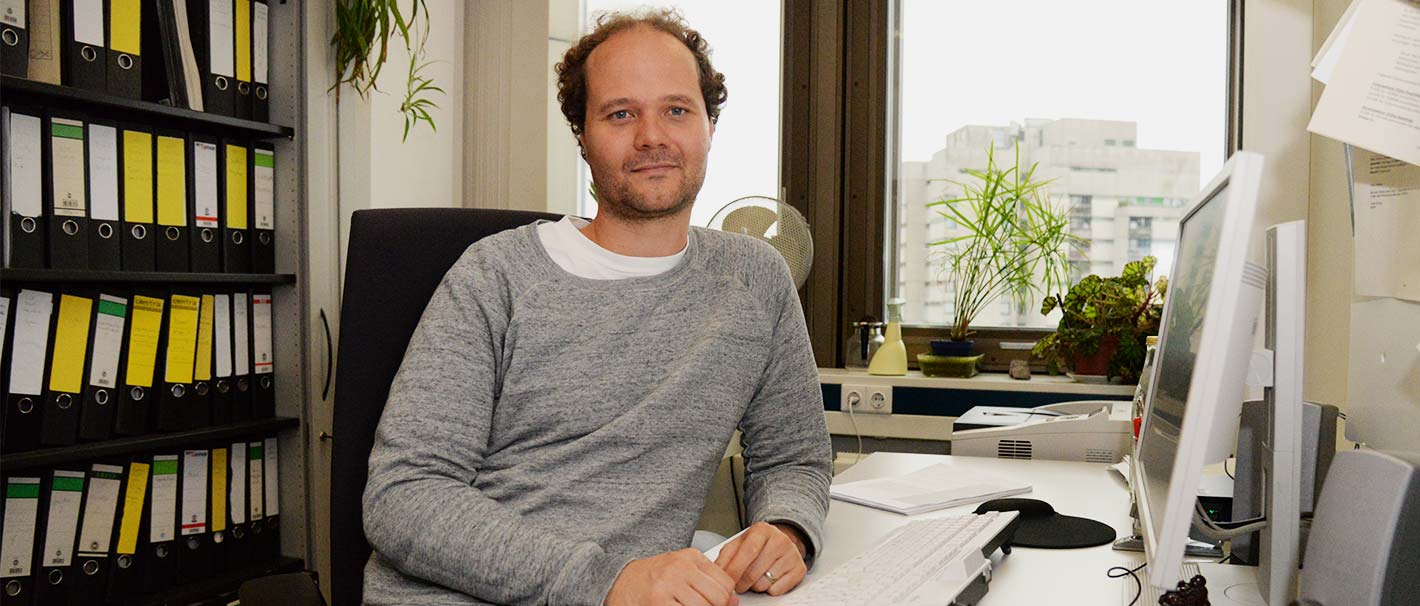In this interview, the authors Herbert Brücker and Yuliya Kosyakova answer key questions on the employment of refugees in Germany.
In times of coronavirus, politics is relying on scientific evidence more than ever. At the same time, the crisis offers the opportunity for a more supportive and more sustainable social and economic model – if we learn the right lessons. Some thoughts on this subject by IAB Vice Director Ulrich Walwei.
The article presents empirical findings from German high school students during the school closing due to the COVID-19 pandemic.
The rules defining trade between Germany and the United Kingdom (UK) have not changed despite Brexit. Nevertheless, there is a clear downward trend in German exports of goods to the UK since the referendum in June 2016. The strongest reductions are visible in the motor vehicle and pharmaceutical industries. In contrast, German exports to its read full article
More and more companies and administrations offer their employees working time accounts. Between 1999 and 2016, the proportion of companies using this instrument has almost doubled. Above all, models that enable a short-term adjustment of work-input are particularly widespread. By contrast, long-term accounts, which facilitate longer leave periods including family leave, remain the exception.
Pedro S. Martins is an expert spanning boundaries between science and politics: Martins, who is now doing research at Queen Mary University of London, was Secretary of State in the Ministry for Economics and Employment of his home country Portugal from 2011 until 2013. At a time when unemployment, especially among the youth, achieved a record read full article
Is the digital revolution a job-destroyer or a job-creator? How will it change traditional occupational images? In an interview to the IAB-Forum magazine, IAB Director Joachim Möller discusses these questions and argues for a “flexibility compromise” between the social partners as a strategy to organize the consequences of technological change on the labour market in a read full article
In an article in the renowned Wall Street Journal of 8 September 2016 (“Germany offers a promising jobs model”), the American labour market economist Edward Lazear and the IAB researcher Simon Janssen recommend that the US introduce a dual vocational training system following the German example. The US economist Erik A. Hanushek clearly objected to read full article
Active labour market policy plays an important role in Germany. In an interview to the IAB-Forum magazine, IAB Director Joachim Möller discusses its underlying principles such as the idea of “demanding and supporting” (Fordern und Fördern). He emphasizes the fact that evaluation results tend to have a significant impact on the design of labour market policies. In read full article
<< Newer Posts:::Older Posts >>









